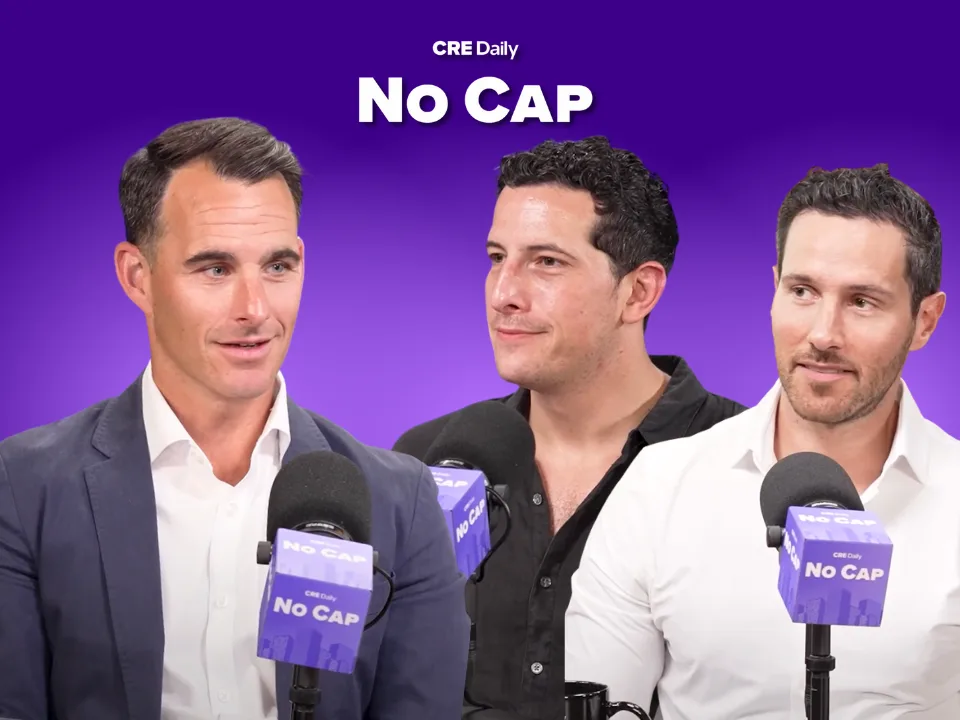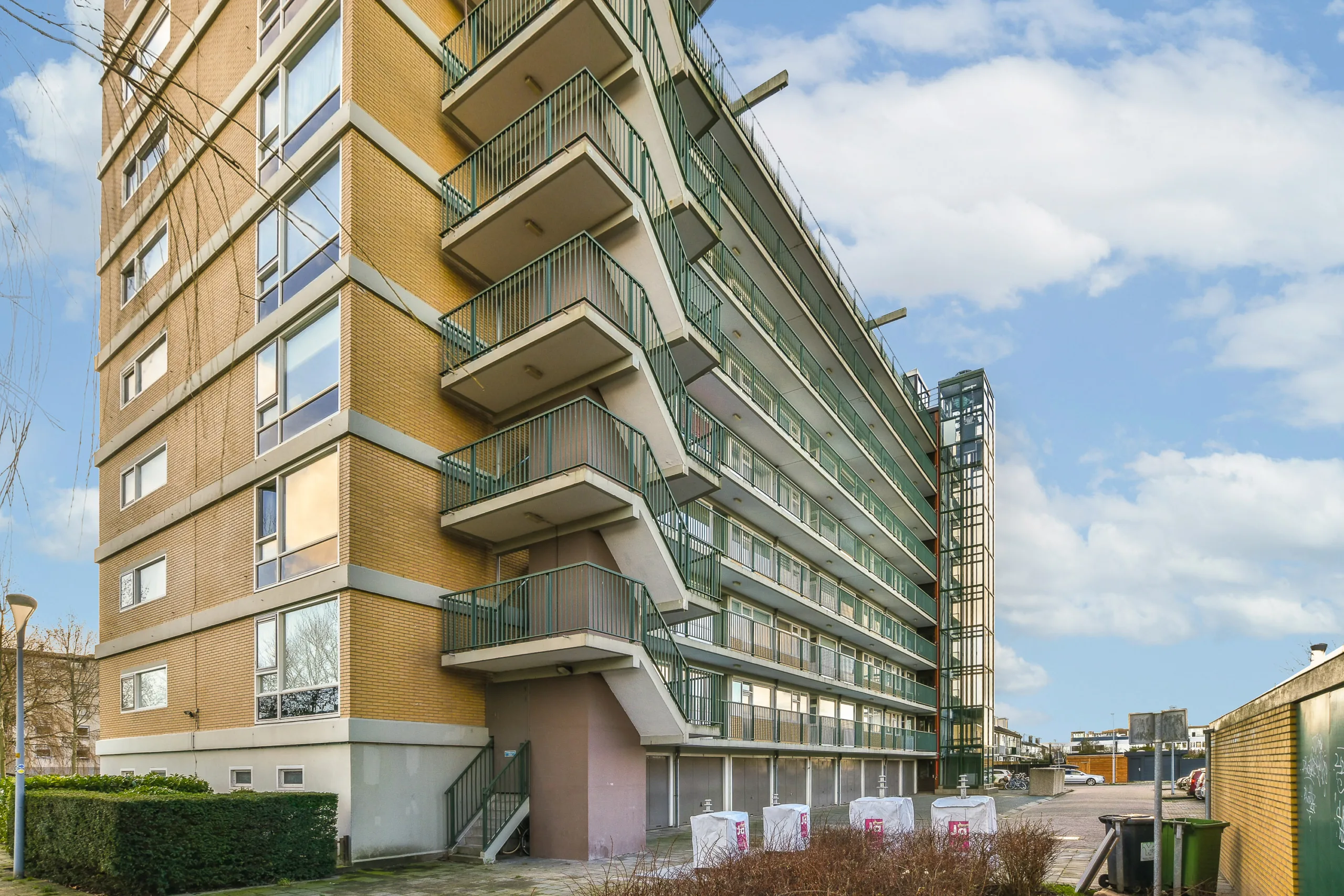Season 3 of the No Cap podcast finishes with co-hosts Jack Stone and Alex Gornik welcoming one of the industry’s most influential voices: Ben Brown, Co-President of Brookfield’s Real Estate Group and Head of the Americas.
Brown oversees Brookfield’s $250B+ global portfolio, spanning office, retail, multifamily, logistics, hospitality, and data centers. Over his 15 years at the firm, he’s been at the center of some of real estate’s biggest transactions, including the $15B General Growth Properties deal and the $11.5B Forest City Realty Trust acquisition.
Brookfield is among the world’s largest alternative asset managers, and Brown explains why their approach is built on two pillars: owning durable, high-quality assets and leveraging a uniquely flexible balance sheet that invests alongside LPs. The conversation covers the logic behind Brookfield’s headline-grabbing transactions, the art of timing dispositions and acquisitions, and how dislocation—not distressed assets—is where the firm finds its best opportunities.
Conversation Highlights
Alex: For those who don’t know your story, how did you get started in real estate?
Ben Brown: “I cold-called my way into the business. As an undergrad, I convinced a Boston fund to let me into an MBA internship program. Later, during the financial crisis, I was sent back to Florida to help work out condo projects. At the time I thought it was the wrong path, but looking back, it was invaluable learning.”
We talked about his early years at Brookfield and how the firm’s investment DNA shaped his career.
Jack: You’ve been at Brookfield for 15 years now. What’s the DNA of your investment approach?
Ben Brown: “It’s the capital structures that are broken, not the assets. We want to own high-quality, durable businesses and real estate, and if there’s dislocation in the financing or structure, that’s where we step in. Over time, compounding value and cash flow is how we like to make our money.”
Alex: Let’s talk about the big 2018 deals. Starting with GGP, you bought malls when retail was a dirty word. What gave you conviction?
Ben Brown: “If you step back to 2009, we first invested in GGP during its bankruptcy. It was a collection of some of the best retail assets in the world. By 2018, retail was absolutely out of favor, but we really knew the assets and we knew what was happening fundamentally.”
Jack: And Forest City — that deal was different. What was the play there?
Ben Brown: “Forest City was maybe the best case study for how our business is different. It had multi, office, life science, land — a mix that some buyers couldn’t price. But we could. We understand the operating side, the development side, and that let us see the whole picture and where to create value.”
We wanted to back the company, back the team, and have it be an evergreen investment. It was kind of the old Brookfield playbook.
From past mega-deals, the hosts steered the conversation toward how Brookfield pivots with changing markets.
Alex: Beyond those headline deals, how do you decide when to sell and recycle capital?
Ben Brown: “Between 2022 and 2023, we sold $10B of apartments. In the last 18 months, we’ve probably bought $4 to $5B. We saw exuberance in apartments, so we picked our spot, took advantage of that window, and recycled the capital into better opportunities.”
Jack: Where do you see the biggest opportunities today?
Ben Brown: “Housing in all forms is a long-term winner — apartments, manufactured housing, rentals. Logistics is still very desirable. And retail is resilient. People are still going to grocery stores and karate dojos — the internet’s not changing that.”
The conversation broadened further to hospitality and newer sectors like data centers.
Alex: You also mentioned hospitality. What’s Brookfield’s strategy there?
Ben Brown: “If you can create something new out of something old, you can get really rewarded. We bought Leela Palaces in India during COVID — actual palaces — and turned it into a successful IPO. More recently we acquired Generator, a leading European hostel brand. Culturally, hostels are a real category in Europe, and we see room to double or triple that business.”
Jack: Brookfield is huge. How do you keep teamwork and communication effective across so many businesses?
Ben Brown: “Everyone wins and loses together. We don’t operate an organization where there’s singularity of blame or credit. My job isn’t to have all the answers — it’s to ask critical questions and push accountability to the experts. That culture is in our DNA.”
It’s one organization, one team. And that’s how you can run a business at scale that is complicated, multifaceted, but still connected.
Watch the full episode on our YouTube Channel or your favorite podcast app.
Tune in weekly for new episodes of No Cap by CRE Daily!

















